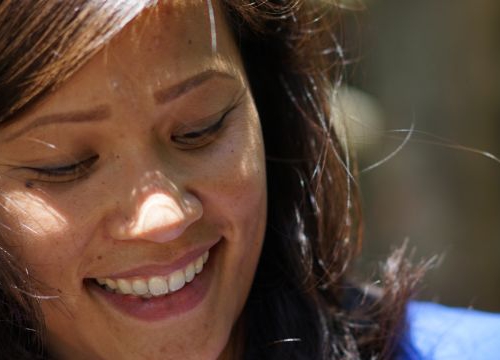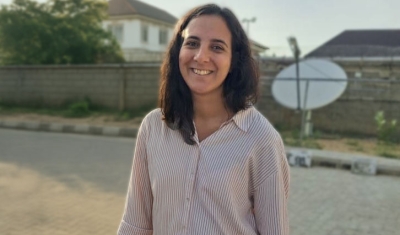Executive Master in International Law in Armed Conflict: What our Alumni Say


Anh Thu Duong
3 July 2017
Anh Thu Duong, joined the Executive Master in International Law in Armed Conflict in 2011. She completed the programme in 2013, pursuant to the defence of her thesis entitled ‘The principle of complementarity and the future of the international criminal justice system of the Rome Statute’.
Anh Thu has been working for more than ten years for the Swiss Federal Department of Foreign Affairs, mainly dealing with human rights, notably through a secondment to the Office of the United Nations High Commissioner for Human Rights and to the Presidency of the Human Rights Council. Anh Thu is now part of the humanitarian affairs section of the Swiss Permanent Mission to the UN Office at Geneva where she contributes to the multilateral engagement of Switzerland with UN humanitarian organizations (such as OCHA, UNICEF, WFP, etc.) both at the institutional and operational levels.
Anh Thu also holds a degree in International Relations from the Graduate Institute of International Studies (Geneva, Switzerland) and a Master of Arts in Politics and International Relations from the University of New South Wales (Sydney, Australia).
WHAT DID THE EXECUTIVE MASTER IN INTERNATIONAL LAW IN ARMED CONFLICT BRING TO YOUR CAREER?
Having studied international relations, I had a good idea of international law. But I really wanted to seriously deepen my knowledge, so as to acquire the solid legal background much needed in the numerous international negotiations I was involved in. The Executive Master brought me that legal background and helped me feeling more confident in my daily work.
WHAT WAS THE MOST CHALLENGING COURSE FOR YOU?
I would probably say that the course on weapons and armed conflict was very challenging. It was indeed hard to understand the concrete application of this course until we got to the exam and were faced with a practical case. Then, the raison d’être of studying disarmament law became crystal clear!
YOUR BEST MEMORIES OF THE PROGRAMME?
The incredibly rich discussions and debates we held during our courses on a wide variety of issues that had concrete ramifications in real life. That was very stimulating to discuss and build an argumentation vis-à-vis people that had different perspectives, due to their different background.
DID YOU APPRECIATE THE NETWORKING OPPORTUNITIES?
Very much so. I still keep in touch with friends I have met thanks to the Executive Master and have even met some of them again in the professional context.
WOULD YOU RECOMMEND IT?
Without any hesitation. The Executive Master has really been an enlightening (although incredibly hard!) experience. It provided me with the intellectual stimulation that further nourished my interest in my professional work but also more broadly in issues at the heart of international Geneva.









